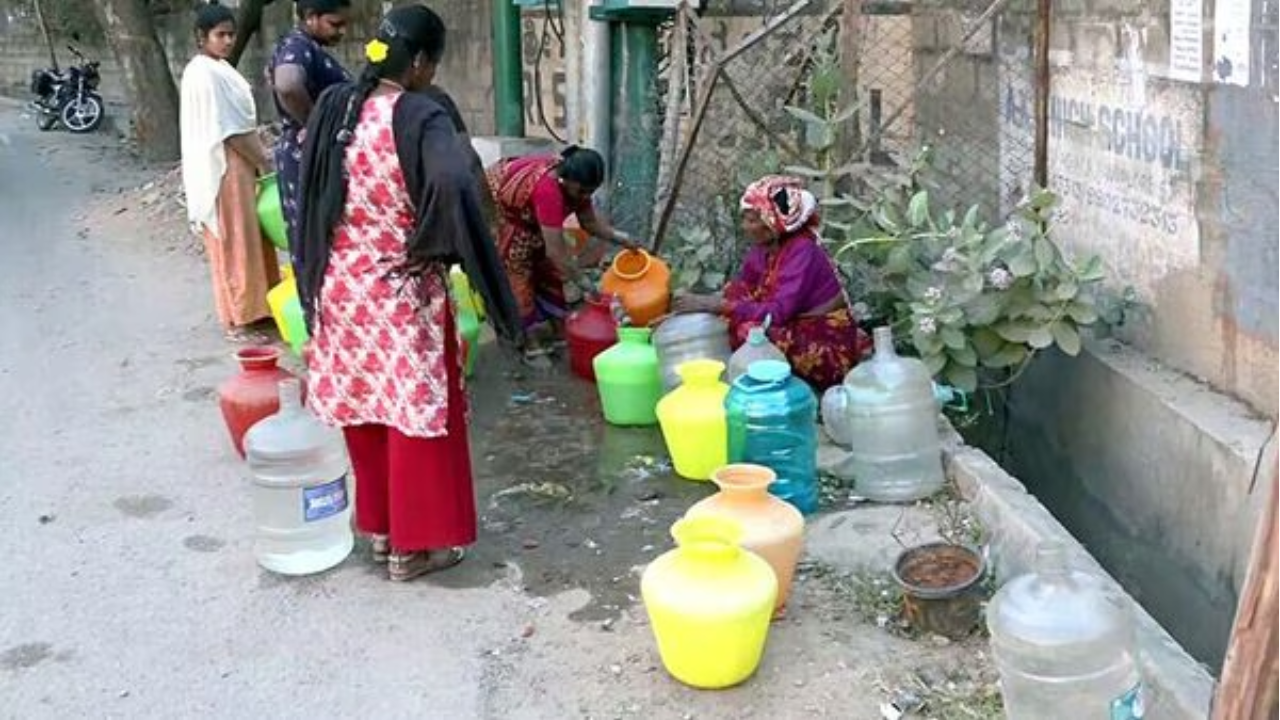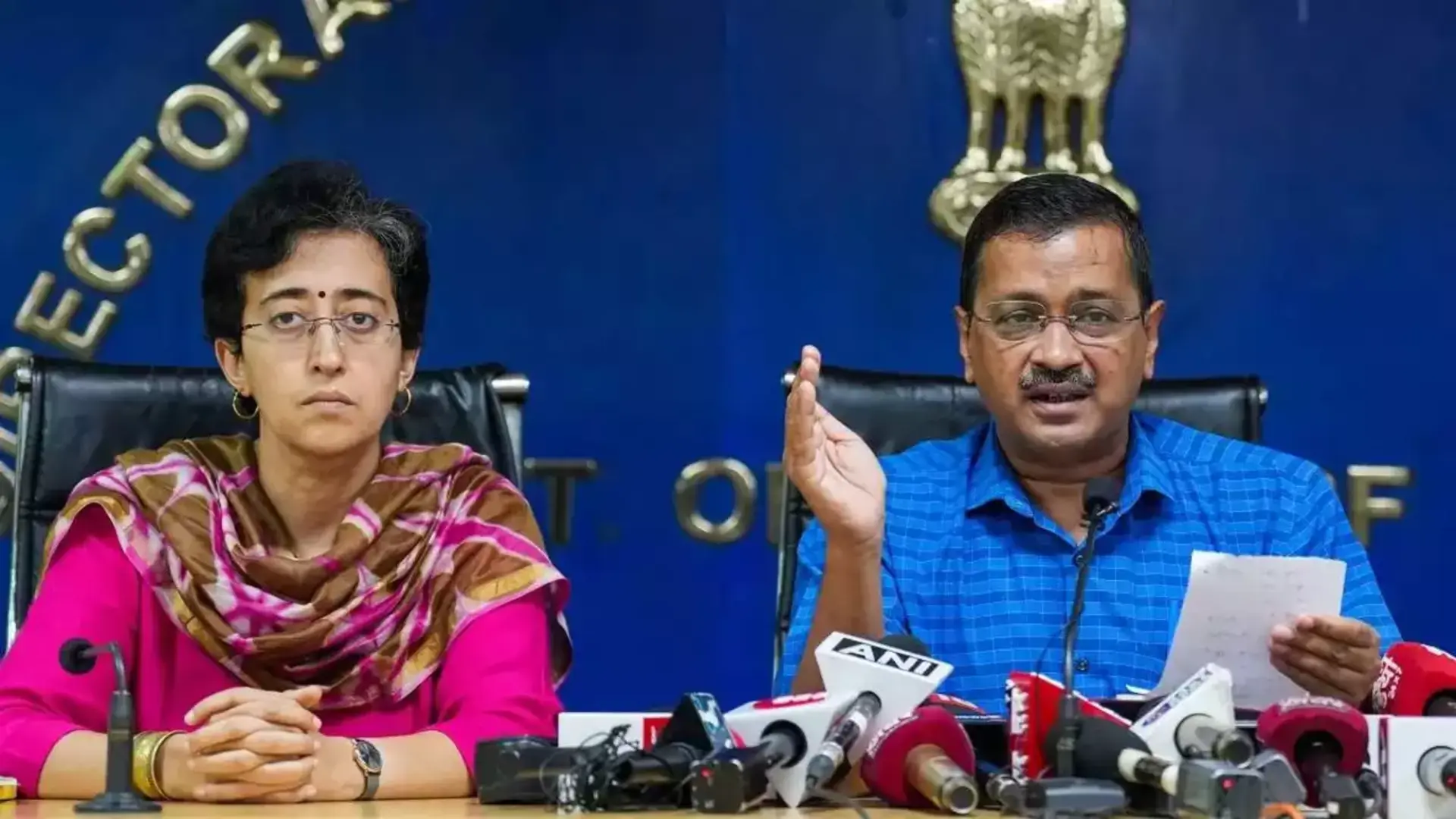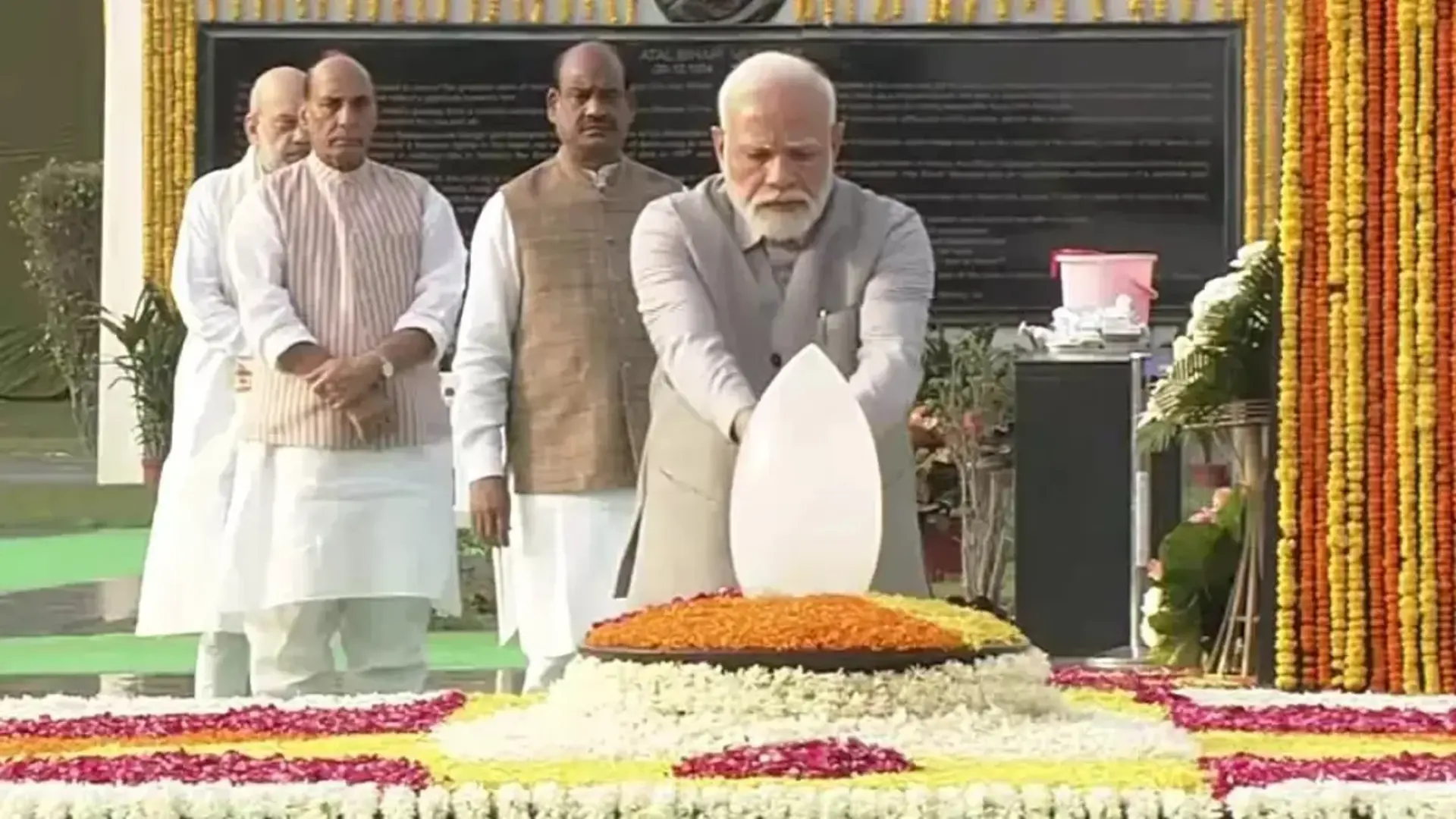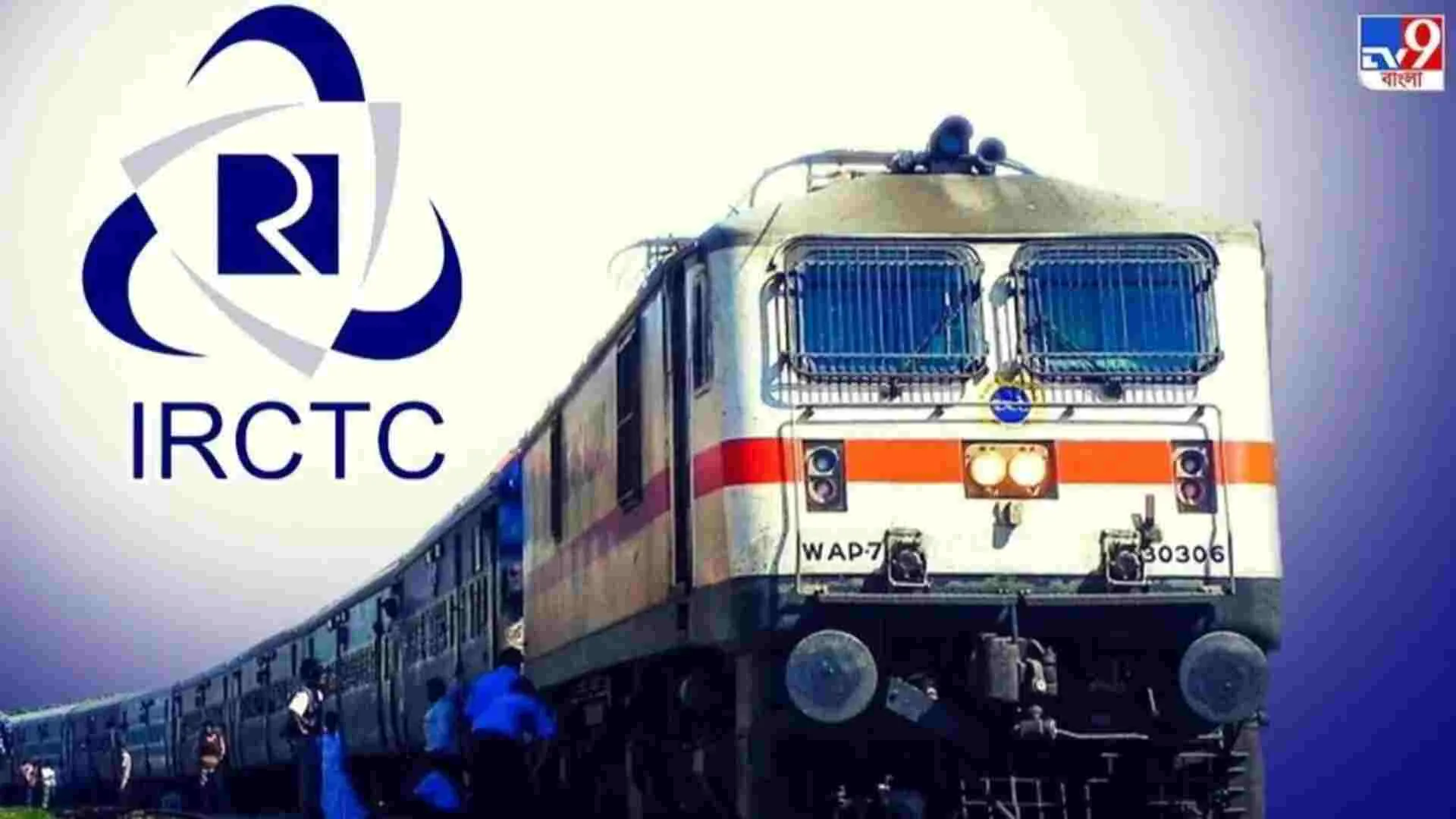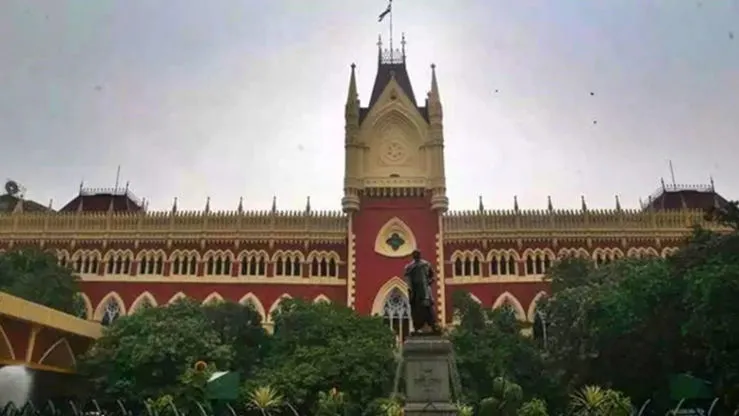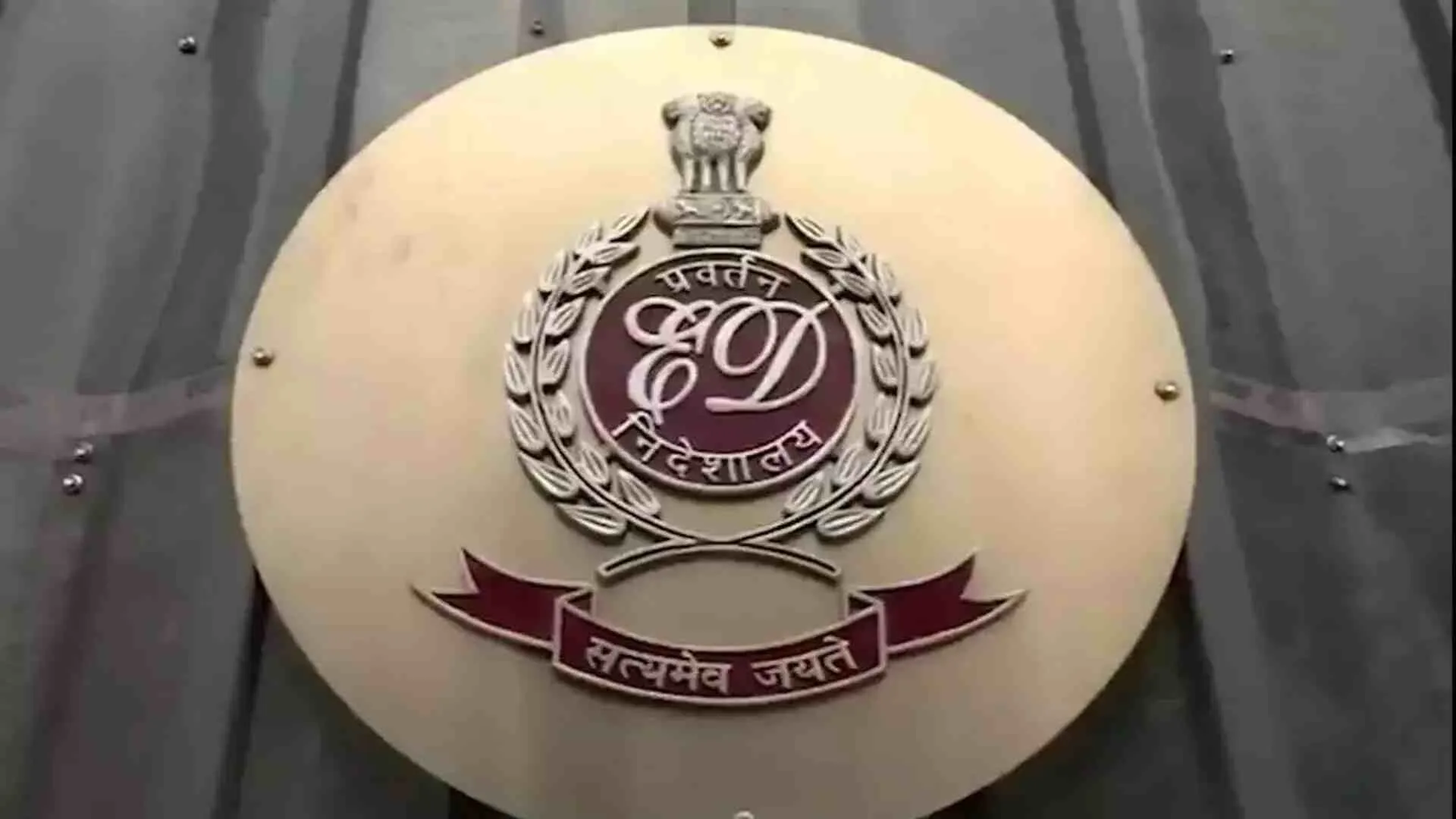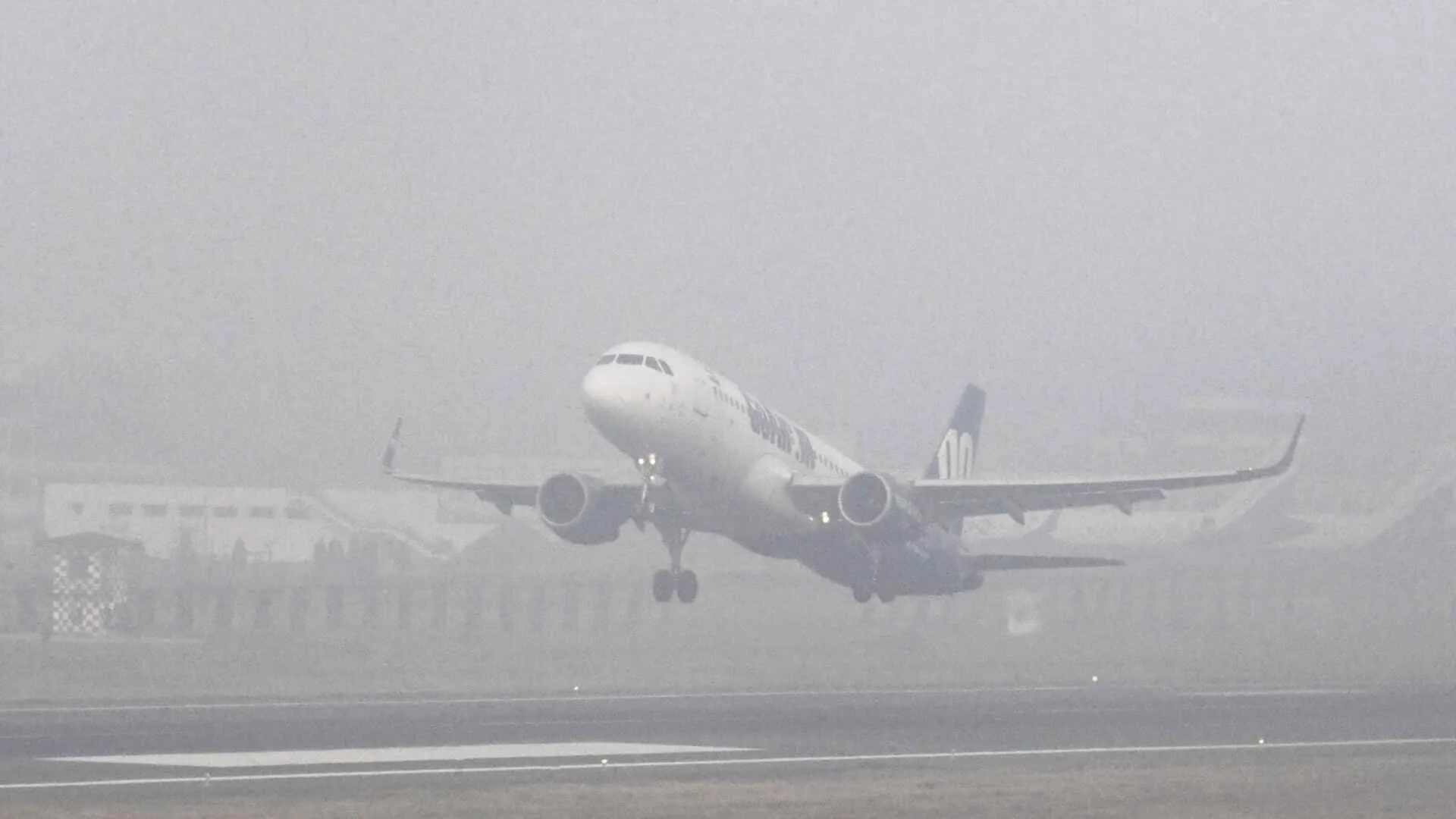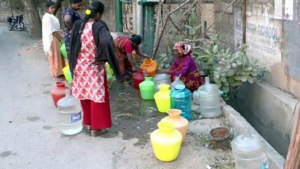Bengaluru, the capital of Karnataka and India’s IT capital, is facing severe water shortage for the last several days. Residents in many areas of the metro city are unable to lead a mormal life as their taps have run dry and they are forced to either go to their friends or relatives’ place for their daily needs or head to the nearest malls for the same. According to authorities from the Bangalore Water Supply and Sewerage Board (BWSSB), the city’s “water input” has decreased by 50% with Karnataka deputy CM DK Shivakumar admitting that 6,997 out of 16,781 borewells in the city are dry.
The low monsoons in September 2023 resulted in drought in 195 taluks, which is what caused the current water issue. Subsequently, the count increased to 216 out of 236 taluks, which included districts of Mysuru and Mandya, which supply water to Bengaluru. The worst-affected areas are those under the Mahadevapura zone, which include Bellandur, Kadugodi, Byrathi, Hoodi, Whitefield, Varthur, Marathahalli, and AECS Layout.
Doddabidarakallu, Lingadheeranahalli under the RR Nagara zone, Konanakunte, Vasanthapura under the Bommanahalli zone, Thanisandra, Amruthhalli under the Yelahanka zone, and Chikkasandra, Mallasandra are among the other locations experiencing supply problems.
With no end in sight to the crisis, the BWSSB has come out with strict guideline and even banned the use of drinking water for any purpose, including car wash, gardening, building, road construction, cleaning public areas, and water fountains. Bengaluru’s movie theaters and shopping centers have been urged to make sure that drinking water is exclusively used for that reason.
The severe problem has forced the government to look into recycled water and allow cleaned water to be sold by flats. The city needs more than 2,600 million liters of water per day (mld), of which only 1,460 mld come from the Cauvery River and roughly 1,392 mld come from borewells. Outside the BBMP zones, there is an increasing need for water. Apartment complex quality sewage water treatment (STP) plants will be upgraded by the state.

